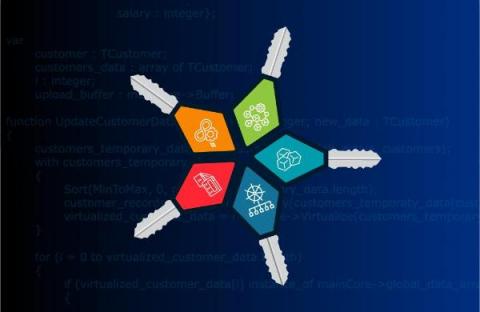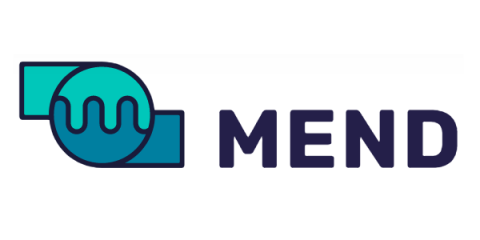Eight Considerations for Thwarting Malicious Packages
We’re currently seeing a concerted effort from malicious actors to attack the supply chain through intentionally malicious packages. Our recent research shows a 315 percent rise in the publication of malicious packages to open source registries such as npm and RubyGems between 2021 and the end of Q3, 2022; about 85 percent of those packages stole credentials. This trend requires an urgent shift from detection to prevention.











